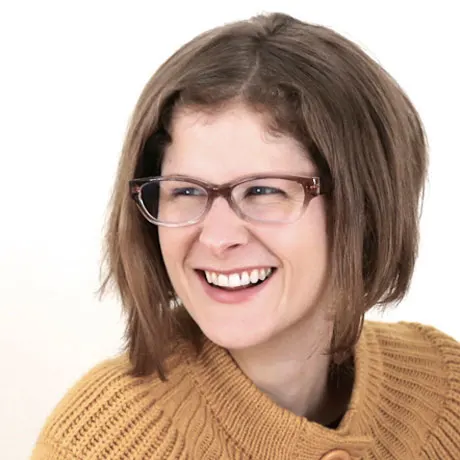6 Places to Look For a Therapist for Your Child
How can you find a good therapist or counselor for your child with learning and thinking differences? We asked the Understood community where they’ve found help. And our experts added their advice, too. Check out our top tips.
1. Hospital or Clinic Listings
Community tip: “We live near a major academic institution, so we’re aware of therapists’ clinics offered through the medical school.”
What to know: Many hospitals and clinics print their professional directories or list them online. Check with a place you trust. Some staff members there may also have private practices. Those may be easier for you to get to. And they may take different insurance than the hospital or clinic. Once you’ve got a name, be prepared with questions to ask to see if the therapist is a good fit.
2. Mental Health Associations
Community tip: “Groups like this keep up-to-date records of which therapists specialize in which ages and issues.”
What to know: County mental health departments often keep lists of child therapists. Another option if your child needs emotional help? Contact the local chapter of a national mental health advocacy group. It may also make referrals. You might consider Mental Health America. Or try the National Federation of Families for Children’s Mental Health.
3. Parent Training and Information Centers (PTIs)
Community tip: “Some PTI centers offer a list of disability-specific support groups that can provide names of therapists.”
What to know: Every state has at least one Parent Training and Information Center (PTI). These centers offer free information to parents of kids with disabilities. They may be able to suggest local resources. Those could include therapists, clinics, and more. And they may be able to connect you with support groups with more ideas.
4. National Organizations of Professional Therapists
Community tip: “This is a great route if you know the specific kind of therapist you want.”
What to know: Websites for licensed professional groups often have tools to help you find local members. For instance, try the American Psychological Association Practice Central. Or check the National Board for Certified Counselors. You may be able to narrow your search by your child’s issue or age, or by the services offered. If you don’t know what kind of therapist you need, ask your child’s health care provider.
5. National Advocacy Organizations
Community tip: “We found our therapist through the National Institute for Learning Development.”
What to know: Advocacy groups for kids with learning and thinking differences are often national in scope. But many have local arms, too. These may be able to guide you to help. Check a group’s website to find out about nearby branches or affiliates. Try the Learning Disabilities Association of America, a founding partner of Understood, for starters. Or try Children and Adults with Attention-Deficit/Hyperactivity Disorder (CHADD).
6. Work and Insurance Resources
Community tip: “Starting here makes it more likely you’ll find providers within your health care network.”
What to know: Many employers offer an employee assistance program. If yours does, it may be able to help you find a local child therapist. (If you’re not sure whether you have an employee assistance program, ask your benefits contact.) Your insurance company likely has a listing of therapists, too. In some cases, that may include some out-of-network professionals. Double-check who’s covered, just to be sure.
